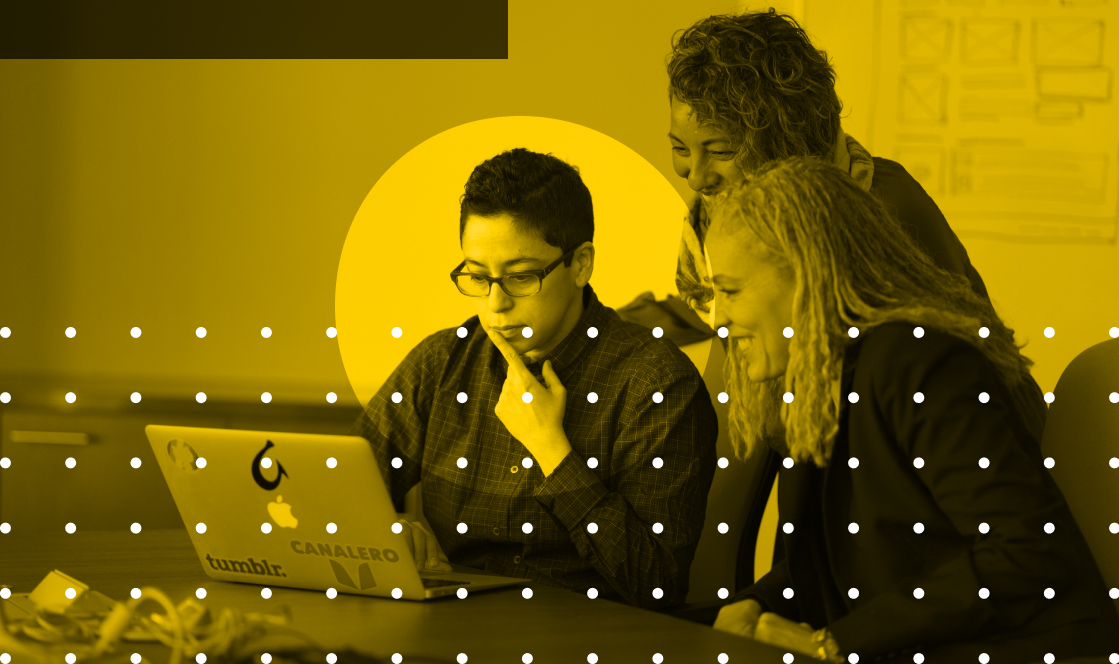In B2B sales, it’s tempting to focus on the immediate source of a lead—such as a Google Ad or an SEO-driven blog post. However, B2B buyers go through a journey with multiple touchpoints before making a decision. With several decision-makers involved in many B2B purchases, you must consider marketing for B2B buyer stages. Here’s how to create a B2B marketing strategy that engages buyers at every stage.
Want to discover how a full-funnel approach could boost your sales? Schedule a Discovery Call to discuss a B2B marketing strategy tailored to your business goals.
1. Recognize the Multi-Step B2B Buyer Journey
The B2B buying process is rarely a one-click decision. Multiple interactions occur across various channels, including your website, email marketing, social media, and direct outreach. For most B2B companies, the buyer’s journey involves multiple stakeholders with distinct questions and concerns.
- Marketing for B2B buyer stages is necessary to reach these buyers effectively, Understand that each interaction builds on the last.
- Develop a strategy that touches on the different steps and decision-makers involved in buying.
2. Build a B2B Marketing Strategy for Each Phase of the Buyer Journey
Supporting the B2B buyer journey means creating targeted content and experiences that meet prospects where they are. Here’s how to structure your marketing approach around the main phases:
- Awareness Phase: Start by building your brand’s visibility. Create content that addresses common industry pain points or educates potential buyers. Blog posts, social media updates, and SEO-optimized content are ideal for generating initial awareness.
- Consideration Phase: As buyers compare solutions, provide content highlighting your products and services’ benefits and differentiators. Effective content types include case studies, comparison guides, and webinars.
- Decision Phase: In the final stage, decision-makers need content that offers reassurance and proof. Share testimonials, detailed product demos, and clear calls to action to help buyers feel confident in their choices.
Read More: How to Master B2B Lead Generation Through Content Marketing
3. Measure the Full Journey, Not Just Last-Click Attribution
Instead of only tracking the last action buyers took before converting, examine the entire buyer journey. Multi-touch attribution tools or CRM data can reveal which interactions led up to the conversion, helping you understand which parts of your strategy work best at various stages.
- Full journey measurement lets you make data-driven decisions on where to allocate resources and refine your approach.
Summary
Building a B2B marketing strategy that supports every buyer journey stage helps meet buyers’ needs more effectively, builds trust, and increases conversion potential. A full-funnel B2B approach improves engagement, attracts high-quality leads, and drives conversions with buyers more likely to commit.
Additional Resources
→ My Lead Generation Reading List
$100M Offers by Alex Hormozi
$100M Leads by Alex Hormozi
Expert Secrets by Russell Brunson
The Art and Business of Writing by Nicolas Cole
Founder Brand by Dave Gerhardt
Predictable Revenue by Aaron Ross & Marylou Tyler
The Challenger Sale by Matthew Dixon & Brent Adamson
→ My Sales & Marketing Stack
Notion (Productivity)



